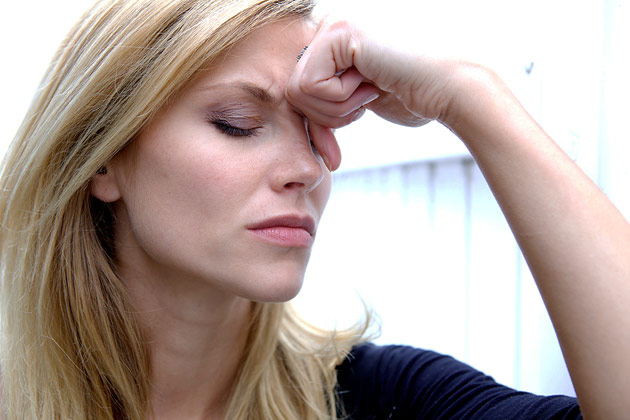
In some ways, addiction is a “chicken or egg” style conundrum. Most people who suffer from addiction are also living with some type of mood disorder, such as anxiety, depression, or bipolar disorder. However, the question is often “Which came first?” In some cases, substance abuse is triggered by mood disorders. In others, the substance abuse itself is the cause of the mood disorder; shame, guilt, and feeling out of control can all contribute to depression, for example.
One study by the National Institutes of Health found that as many as one-third of people diagnosed with depression also abused substances at some point. Depression as a comorbidity with alcoholism is especially high; men with depression are four times more likely to abuse alcohol than others, while women are three times more likely to abuse alcohol as a means of dealing with depression.
In fact, women in general tend to have a higher instance of comorbidities involving substance abuse and mood disorders. While certainly not all women with mood disorders abuse drugs and alcohol, and vice versa, there is enough evidence to show that the two often go hand in hand. For those women dealing with both conditions, generally the mood disorder comes first. They often use substances to help “manage” those conditions, thus spiraling around a vicious cycle that almost inevitably requires professional help to stop.
The Importance of Recognizing Mood Disorders
According to the National Institute for Mental Health, about 9.5 percent of the adult population in the U.S. is living with a mood disorder at any given time; that number includes women, men, and children of all ages. However, women are more likely to have mental health issues, as about 20 percent of all women will have some sort of depressive episode during their lives.
Because the likelihood of a mood disorder is so high, it’s vitally important to understand the signs and get help before it turns into a larger problem. Women often avoid seeking help for their mood disorders, usually for many of the same reasons. It’s common, for example, for women to believe that they can “snap out of it,” or their feelings will go away on their own if only they can fix certain issues.
There’s often a sense of embarrassment or shame associated with mental health issues as well. In today’s society, women feel as if they have to “have it all together,” and admitting any type of perceived weakness leaves them open to judgment and criticism, as well as feelings of failure. So instead of seeking help, they often self-medicate with drugs or alcohol. At the same time, there could be a genetic propensity toward substance abuse issues — and undoubtedly, using substances can only make symptoms worse.
Common Mood Disorders that Lead to Substance Abuse
Again, not all mood disorders are guaranteed to lead to substance abuse, but certain conditions have a better-than-average chance of leading to issues with substances. When these comorbidities are present, it’s important to include mood disorder treatment in the recovery plan, to prevent relapses or trouble managing the condition.
- Depression – Many people turn to alcohol as means to ease the symptoms of depression, but alcohol itself is a depressant, which only exacerbates the issues.
- Anxiety – Those suffering from anxiety, either generalized or social, often use alcohol and drugs. In the short term, alcohol can lower inhibitions, making social situations less threatening, but in general, substances are not a cure for anxiety and can actually make the symptoms worse.
- PTSD – Post-traumatic stress syndrome can present in a number of ways, including anxiety, depression, anger, irritability, and sleep disturbances. Sufferers often turn to substances to provide short-term relief and “feel better.”
- Bipolar disorder – Bipolar disorder is marked by periods of depressive episodes punctuating otherwise “normal” or “manic” phases. Alcohol can make the depressive episodes associated with bipolar disorder worse, and studies have shown a genetic anomaly that makes those with bipolar disorder more likely to suffer from alcoholism as well.
- Panic disorder – Suffering from a panic disorder, in which anxiety leads to full blown panic attacks, has been linked to a greater risk of substance abuse.
Given the proven link between mood disorders and substance abuse, it’s vitally important that those seeking treatment for substance abuse be evaluated for psychological issues and treatment plans be developed accordingly. It’s also important for those who have been diagnosed with mood disorders to be aware of the risks regarding substances, and take necessary precautions. By treating all aspects of the addiction, the chances of a long-term recovery increase dramatically.






















